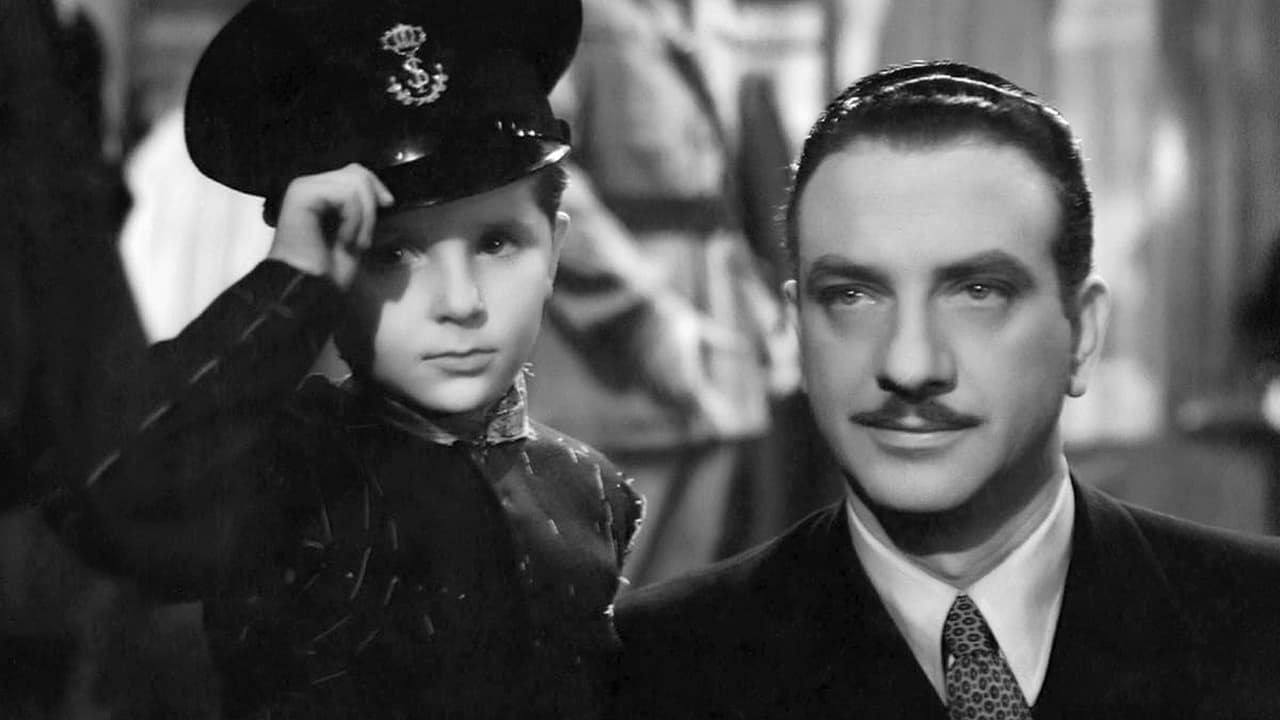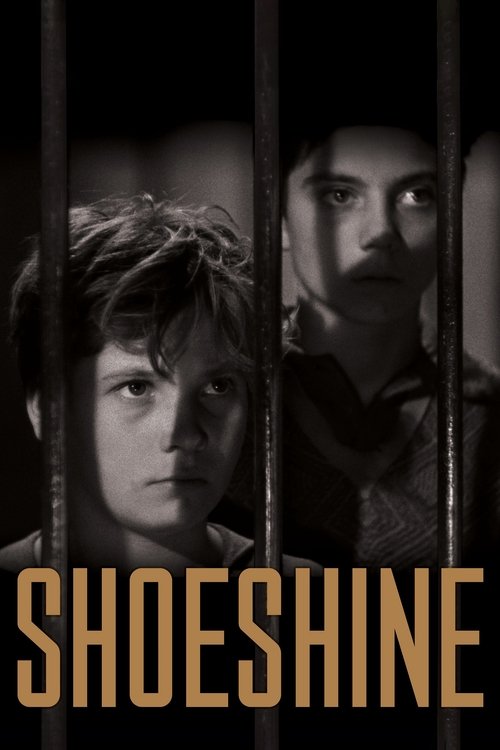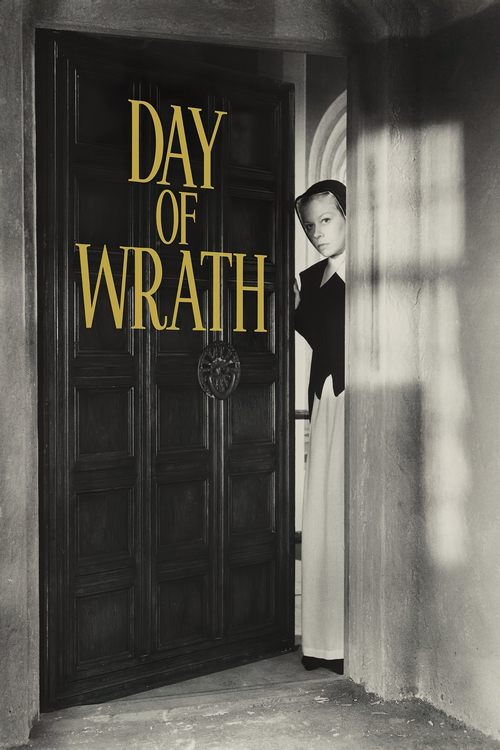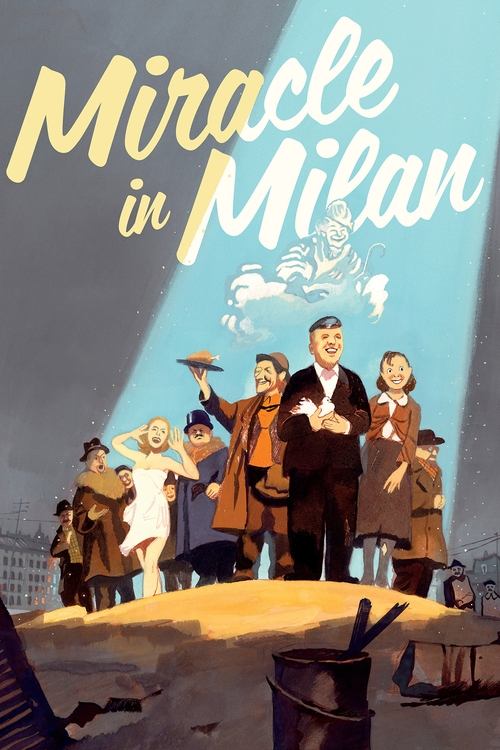
1943
The Children Are Watching Us
Drama
8.0
User Score
88 Votes
Status
Released
Language
it
Budget
$0
Production
Scalera Film, Invicta Films
Overview
In his first collaboration with renowned screenwriter and longtime partner Cesare Zavattini, Vittorio De Sica examines the cataclysmic consequences of adult folly on an innocent child. Heralding the pair’s subsequent work on some of the masterpieces of Italian neorealism, The Children Are Watching Us is a vivid, deeply humane portrait of a family’s disintegration.
Review
TsarMatt
0.0
In typical De Sica fashion, it ends on a rather cynical note (and it has this dismal undercurrent throughout), but its bleak and honest message is unfortunately obscured and smothered by the rather schmaltzy acting and uneven script. De Sica is widely recognized as of the leading filmmakers that broke through 'filmic norms', so to speak, by hiring non-professional actors as a way to convey a level of authenticity and realness that are often indistinct in most other films. Especially those that deal with the ideas of economic hardship, a collapse in social order, and the dilapidation of post-WWII Europe. It worked impeccably in "Bicycle Thieves" and "Umberto. D", two of De Sica's most prominent work, but ultimately failed here.
Read More 



